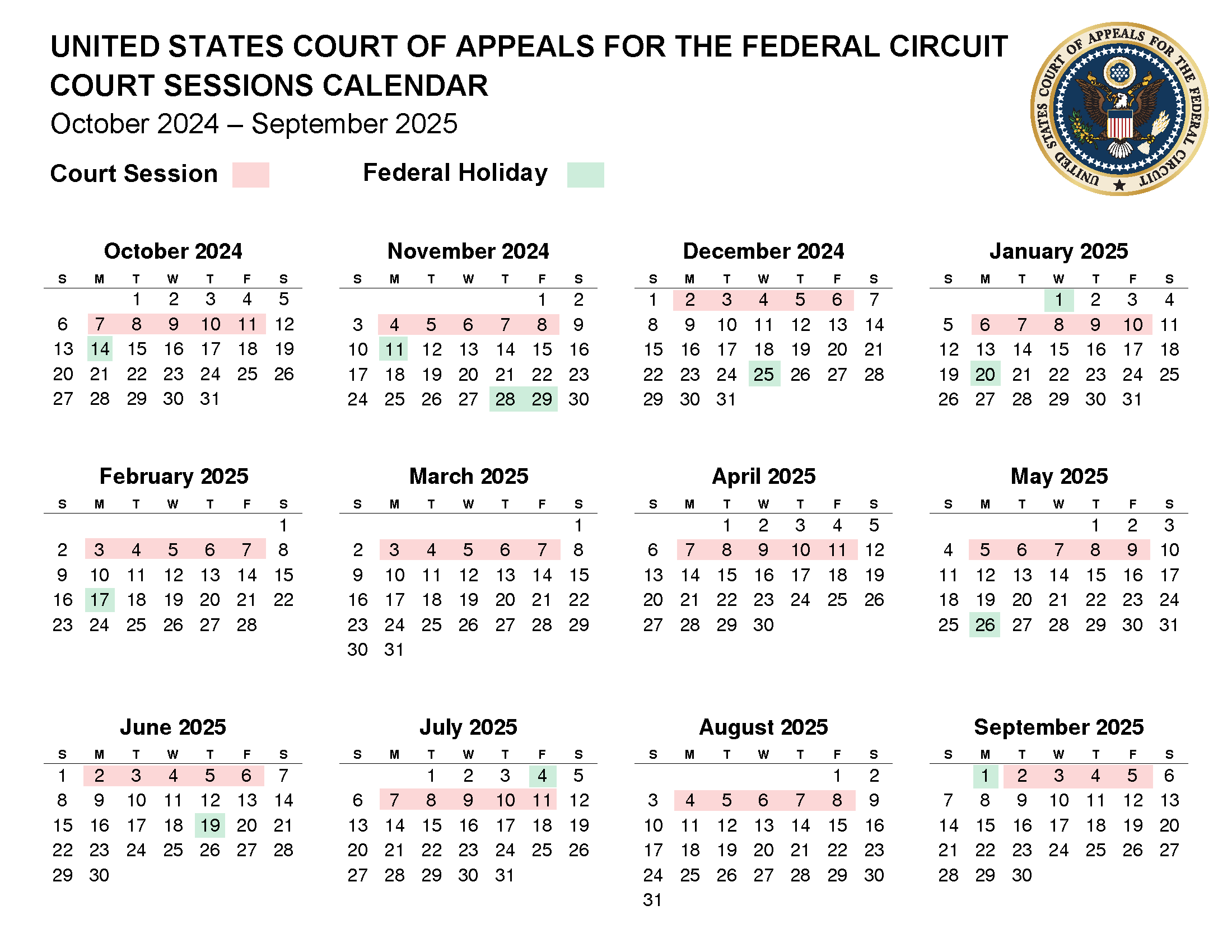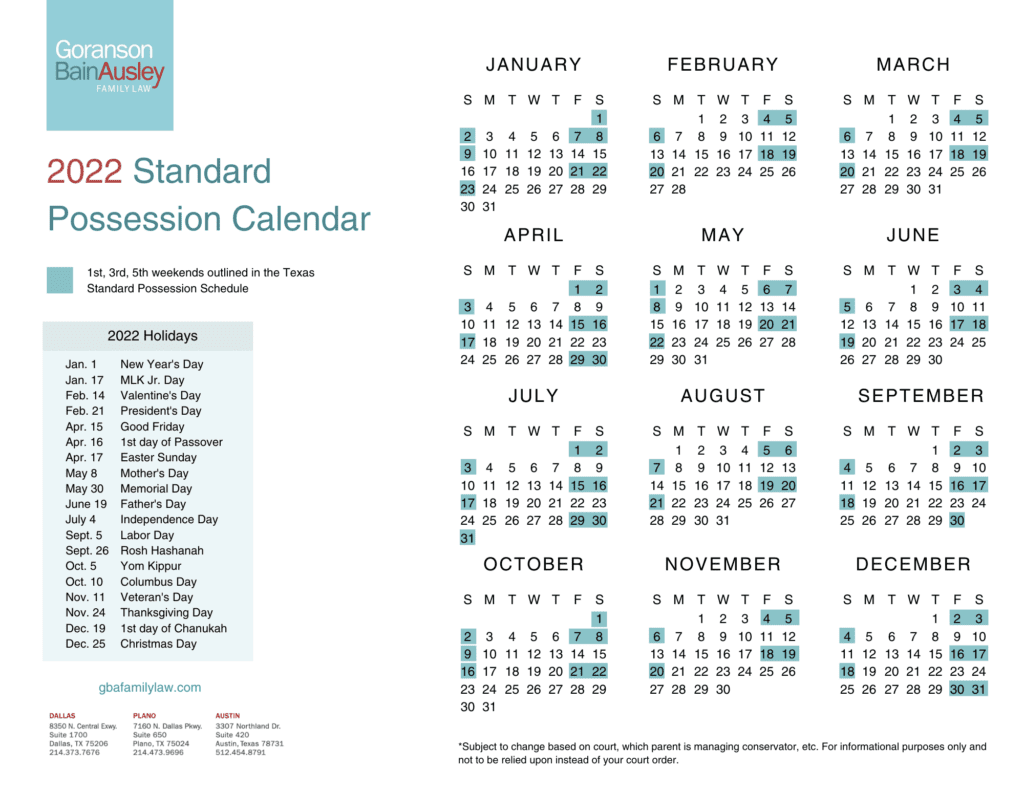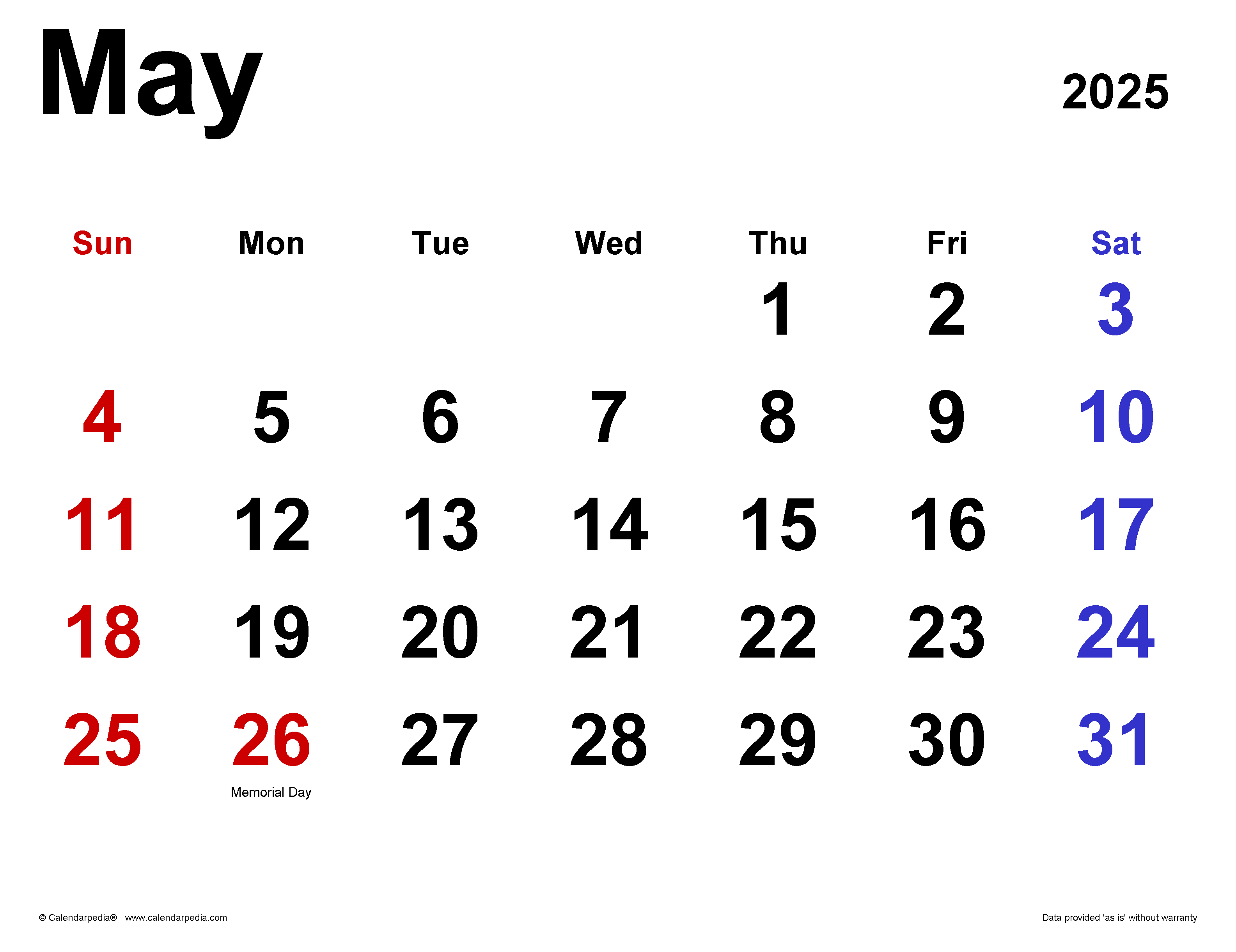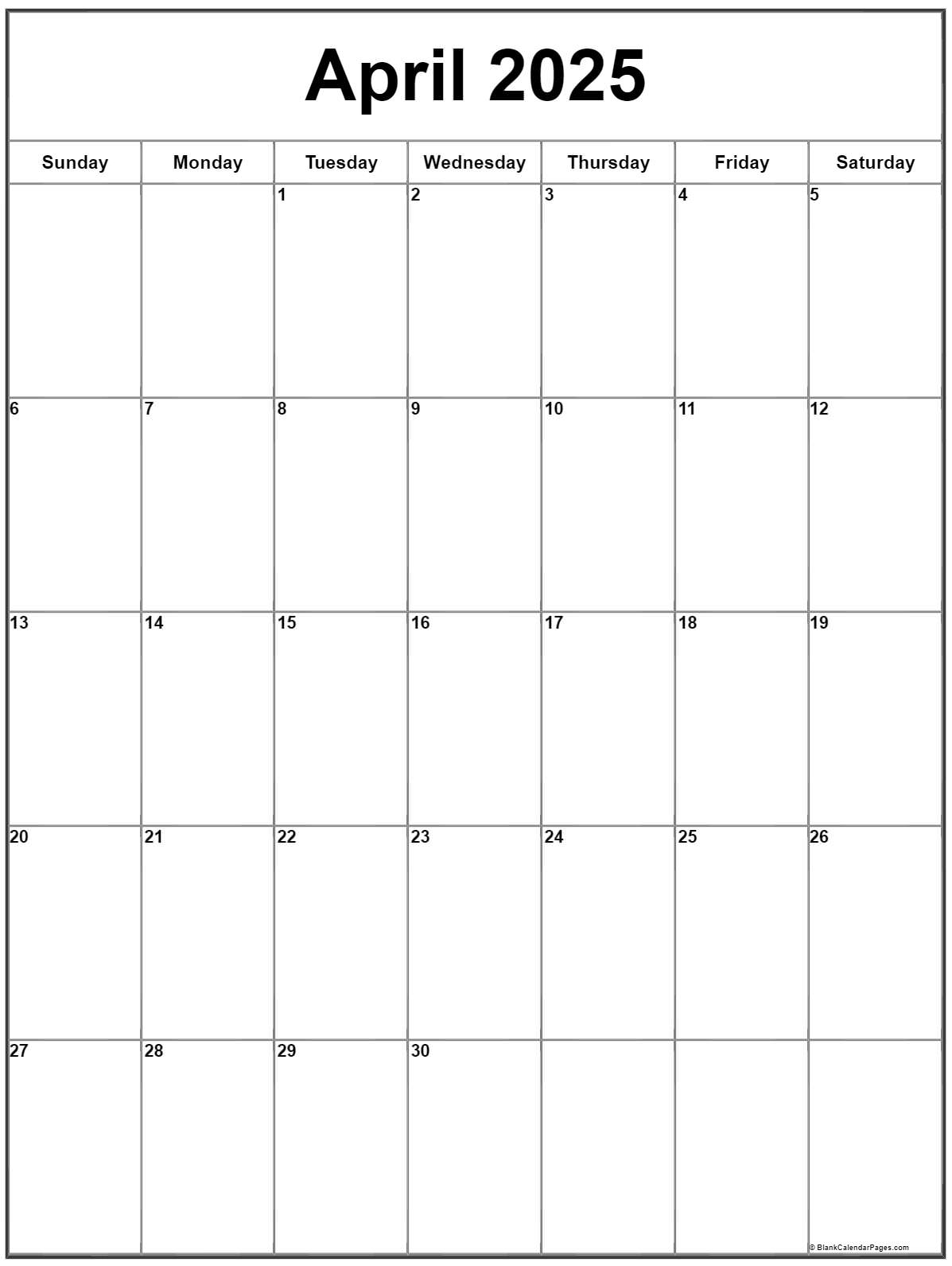Should May 2025 Calendar Be Extended
Should the May 2025 Calendar Be Extended? A Deep Dive into the Implications
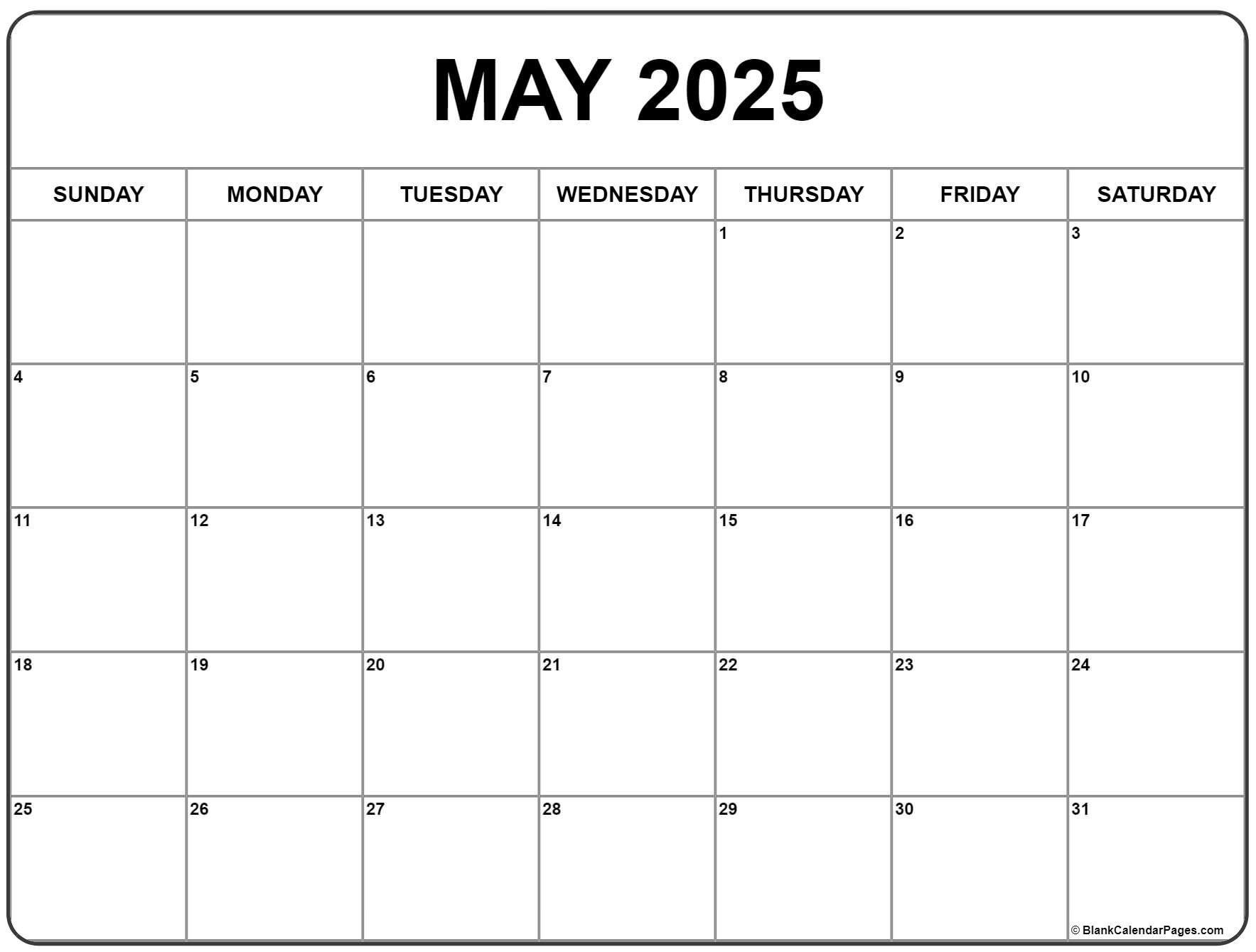
The seemingly simple question of extending the May 2025 calendar might seem trivial at first glance. However, a deeper examination reveals a complex web of implications spanning logistical challenges, economic considerations, and even philosophical debates about time management and societal organization. The proposition of extending a single month, particularly one already containing 31 days, raises significant questions that deserve careful consideration before a decision is even contemplated.
The Case for Extension: Unforeseen Circumstances and Overburdened Schedules
Arguments for extending the May 2025 calendar often center around the potential for unforeseen circumstances to overwhelm the existing timeframe. Imagine a scenario where a major global event, a significant natural disaster, or a critical technological failure necessitates a prolonged period of response and recovery. In such instances, a compressed calendar could exacerbate already stressful situations, leading to rushed decisions, compromised quality of work, and ultimately, less effective outcomes. An extended May could provide the necessary breathing room to address these complexities without compromising other crucial deadlines and commitments.
Furthermore, proponents argue that the current calendar system, inherited from centuries past, is no longer optimally suited to the complexities of modern life. Overburdened schedules, relentless deadlines, and the constant pressure to achieve more in less time are contributing factors to burnout and reduced productivity. Extending a month, even temporarily, could offer a much-needed reprieve, allowing individuals and organizations to better manage their workload and prioritize their wellbeing. This approach could be particularly beneficial for industries with tight deadlines, such as filmmaking, software development, and large-scale construction projects. An extended May could provide a buffer against unforeseen delays, mitigating potential financial losses and reputational damage.
The Case Against Extension: Logistical Nightmares and Economic Disruptions
The counterarguments against extending the May 2025 calendar are equally compelling, primarily revolving around the logistical and economic chaos such a change would inevitably cause. Imagine the ripple effect: payroll systems would need to be adjusted, financial reporting deadlines shifted, and countless contracts renegotiated. The disruption to international trade, where calendars are crucial for scheduling shipments and payments, would be substantial. Legal systems, heavily reliant on precise dates and deadlines, would face significant challenges, potentially leading to legal disputes and uncertainty.
The sheer cost of implementing such a change across all sectors of society would be astronomical. Software updates, printing new calendars, reprogramming automated systems – the financial burden would be immense, potentially diverting resources from more pressing societal needs. Moreover, the potential for confusion and error is significant. Individuals and organizations might misinterpret dates, leading to missed appointments, failed transactions, and a general sense of disarray. The risk of widespread economic disruption far outweighs any perceived benefits of a temporary calendar extension.
Alternative Solutions: Rethinking Time Management and Prioritization
Instead of resorting to the drastic measure of extending a calendar month, perhaps the focus should be on improving existing time management strategies and prioritization techniques. Investing in training programs to enhance organizational skills, promoting flexible work arrangements to accommodate unforeseen circumstances, and fostering a culture of proactive planning could be far more effective in mitigating the challenges posed by tight deadlines and unexpected events.
Furthermore, advancements in technology offer promising solutions. Project management software, collaborative platforms, and sophisticated scheduling tools can significantly improve efficiency and reduce the risk of delays. By embracing these technological advancements and adopting more agile methodologies, organizations can better adapt to changing circumstances without the need for radical calendar alterations.
The Philosophical Implications: Our Relationship with Time
The debate surrounding a calendar extension also touches upon deeper philosophical questions about our relationship with time. Our current calendar system, with its rigid structure of months and years, reflects a linear perception of time, where events unfold in a predictable sequence. However, extending a month subtly challenges this linearity, suggesting a greater flexibility and adaptability in our approach to time management. This raises questions about the balance between structure and flexibility, predictability and spontaneity in our lives.
The potential for a temporary calendar extension highlights the inherent limitations of our current temporal framework. While providing a sense of order and predictability, the rigid structure of the Gregorian calendar can also be a source of constraint and inflexibility. Exploring alternative calendar systems, or even adapting the current one to better accommodate unforeseen events, might offer more sustainable solutions than simply extending a single month.
Conclusion: A Premature and Unnecessary Proposal
In conclusion, the proposition of extending the May 2025 calendar, while seemingly innocuous, reveals a complex interplay of logistical, economic, and philosophical considerations. The potential for widespread disruption and the significant costs associated with such a change far outweigh any perceived benefits. Instead of resorting to this drastic measure, a more pragmatic approach would involve improving existing time management practices, embracing technological advancements, and fostering a more flexible and adaptable approach to scheduling and planning. The May 2025 calendar, therefore, should remain unaltered, allowing us to focus on more effective and sustainable solutions to the challenges of modern life. The focus should be on proactive planning, flexible work arrangements, and technological advancements rather than a radical, disruptive alteration to the established calendar system. The potential for chaos and confusion is simply too great to justify such a significant change.


